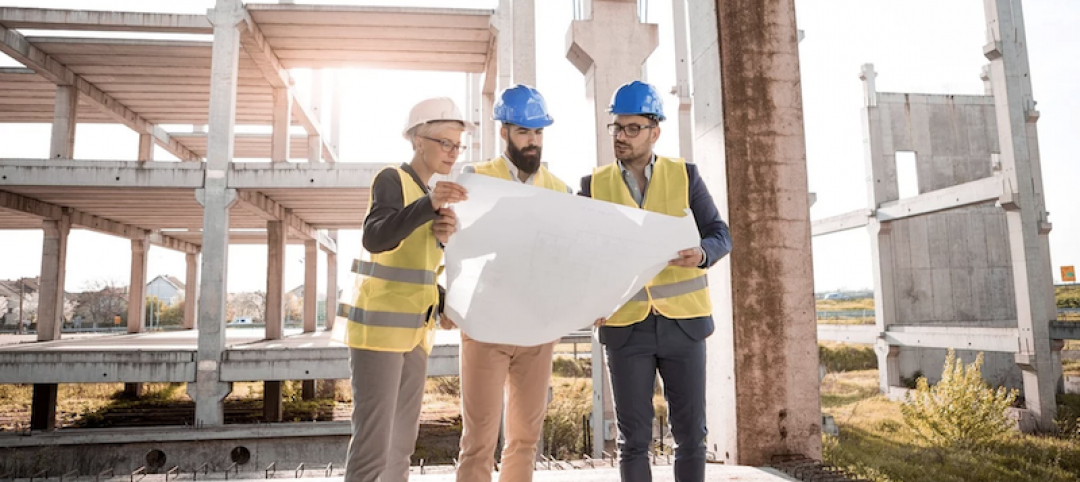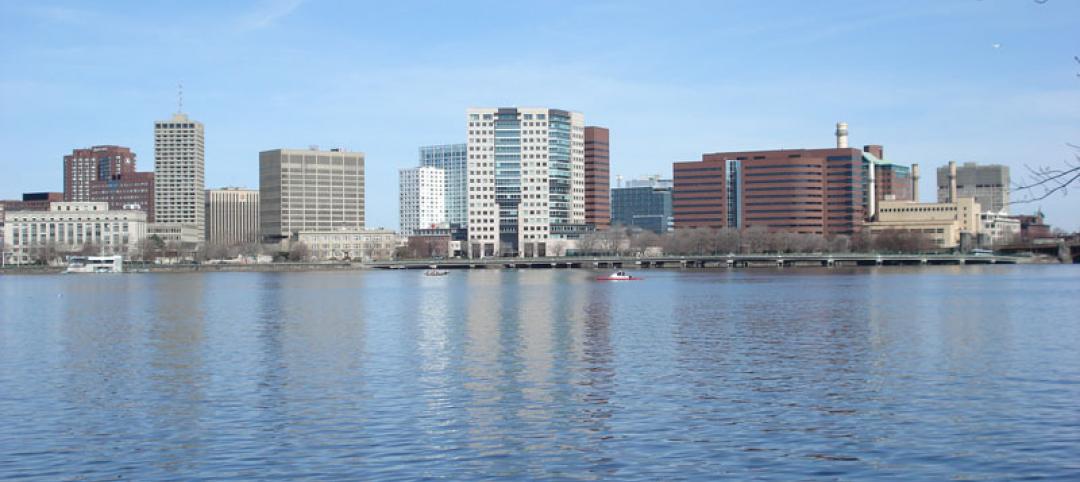Recent storms such as Hurricane Florence in the U.S. and Typhoon Mangkhut, which struck the Philippines and China, highlight the need for decentralized infrastructure, according to a recent Bloomberg article co-written by an energy analyst.
“On the basis of economics alone, the power systems of many countries will become highly decentralized in coming years,” the article says. By mid-century, more than a third of power-generation capacity in Japan will be customer-controlled in homes and businesses, the analyst asserts.
In Brazil, more than half of power generation will be in the control of private customers. If millions of small generators compensate for a small number of centralized failures, such decentralization would make electric systems more resilient.
While decentralization will grow based on the cost of energy, it will take government action as well. “Centralized decisions on things like building codes and flood zones can catalyze resilience,” the article says.
Related Stories
Codes and Standards | Nov 26, 2019
Updated ASHRAE standards focused on ventilation design, air quality in residential applications
Standard 62.1 and 62.2 updates provide new tables of ventilation rates per unit area.
Codes and Standards | Nov 25, 2019
Real estate professionals say coworking is not a flash in the pan
More than 60% say coworking space is in their portfolios.
Codes and Standards | Nov 22, 2019
Utility’s proposal threatens California’s rooftop solar mandate
Would allow customers to use solar farms instead of installing their own PVs.
Codes and Standards | Nov 21, 2019
Number of LEED commercial building projects surpasses 100,000
More than 2.6 million sf of space being certified each day.
Codes and Standards | Nov 19, 2019
Most U.S. voters support licensing standards for architects
NCARB survey shows strong support for architecture as a licensed profession.
Codes and Standards | Nov 18, 2019
Cambridge, Mass., teams up with utility on energy retrofit program
Buildings large than 25,000 sf targeted in initiative to further carbon neutrality goal.
Codes and Standards | Nov 14, 2019
Resistance to Toronto’s ‘smart city’ reveals pitfalls of such ambitious projects
Concerns over data privacy, governance, feasibility prompt criticism.
Codes and Standards | Nov 13, 2019
Heat pumps, strategic energy management could be next major focuses for efficiency
After lighting, efficiency experts look to new opportunities to boost energy efficiency.
Codes and Standards | Nov 12, 2019
National Infrastructure Performance Council to address ‘national security crisis’
Coalition wants to double annual level of infrastructure investment.
Codes and Standards | Nov 11, 2019
Major cities are adopting new building performance standards
Initiatives can include multiple standards.

















